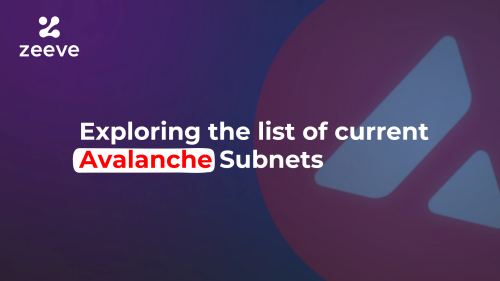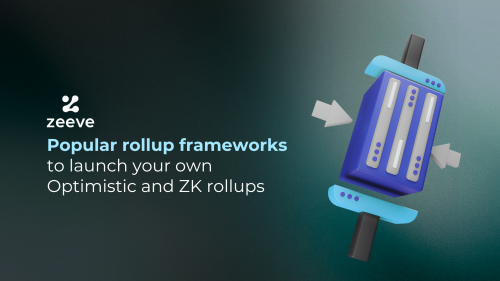TWO ARE BETTER THAN ONE: Why AI needs Blockchain?
Earlier this year I was fortunate to enroll in and pass the course AI for Everyone, taught by Stanford’s professor Andrew Ng. One of my key takeaway from the course was the AI “black box problem”: AI way of providing results without explaining the rationale behind its process. For AI to be trusted, we need to know what it is doing with our data, why, and how it makes its decisions. In short, we need some explainability. Can blockchain help here?
Blockchain stands to bring in the missing element of trust, which is required for the masses to fully embrace AI at scale. Blockchain provides a system of proof where transactions are logged, timestapped, and signed. AI is a centralized process where its three key elements are data, models, and analytics. Being a centralized process means one must have faith in the central authority to produce a trusted procedural outcome. Here, blockchain can deliver the trust one needs to fully adopt and rely on AI-based processes in the following three ways:
1. Data that belongs to you
A blockchain ledger can be used as a digital rights management system, allowing your data to be ‘licensed’ to the AI providers (AI service technology providers such as Apple, IBM, Amazon, Alibaba, Google, Facebook, Baidu) under your predefined terms, conditions, and duration. This way, the ledger acts as an access point that stores the proofs and permissions by which AI providers can go to and use your data.
2. AI models that are trusted
Blockchain is a means of providing trusted data and provenance of training models for machine learning. Most AI models need data to train (and ongoing data collection) to give accurate answers. With blockchain, we can track the provenance of the training data as well as see an audit trail of the evidence that led to the prediction of an answer. Additionally in cases of data privacy (HIPPA, GDPR, etc…), blockchain uses cryptography as security to enforce sensitive data management for AI training initiatives.
3. AI decisions that are explainable
AI applications are known for assessing large datasets and many variables, leading AI to be easily adopted in various industries and for a variety of reasons. Unfortunately, the resulting AI decisions aren’t always verified by humans for accuracy. Blockchain can at least be used to provide some traceability on AI-powered systems. On a blockchain-enabled environment, it would be possible to link a specific AI output to all the different steps involved in the decision process, or to trace back to the training datasets in order to understand which specific piece of information has influenced the end result.
In conclusion, blockchain is a technology that brings trust to transactions in a network, and is a perfect ‘sidekick’ for AI because of its ability to achieve the provenance and traceability for better AI explainability, governance, and transparency. On the other hand, blockchain needs AI for improvement in consensus mechanisms and smart contract developments.






Responses